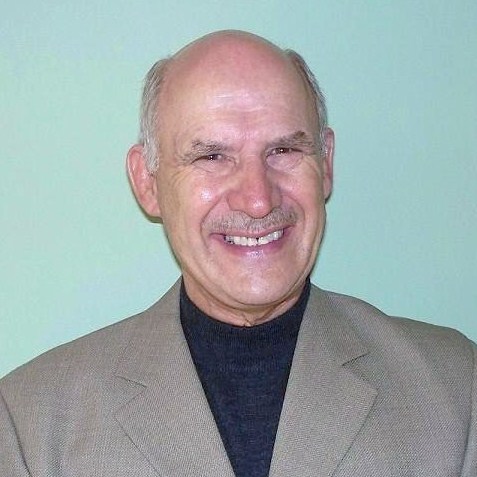No God in essence renders our human status to that of any other living creature—say that of an earthworm. If no God, why indeed, in the big scheme of things would I be any different than a worm? And if I can assume an earthworm is unaware of higher levels of life, my own existence for example, then would it not follow that quite likely I would be unaware of other levels of life entirely different from my own. How could I as a human being be expected to comprehend the supernatural or other forms of life outside my own natural domain? It is most difficult for any of us to even try understanding the many aspects of the natural world in which we live, let alone trying to understand the world of the supernatural. When you stop and think of it, within our worldly limitations, it is plainly beyond our grasp to give a natural explanation to a supernatural power, such as a God or a supernatural anything.
Let’s say a lowly earthworm declared to one of his fellow worm buddies, “I just don’t believe there’s anybody that’s smarter than us.” In the world of the worm, fellow worms may well accept it as a statement of fact. And it would be deemed correct, but beyond the worm world it would be an entirely different matter. So, who we are and where we are has significant bearing on the meaning of what is being said and what is being understood?
Trying to understand our world and all that is therein is a concern of everybody. But our imagination, which at first blush appears unlimited, in reality is very narrow in scope and confined within our practical and mundane world. Many Christians believe the soul is that part of us that seeks and senses the spirit, and that if we dwell enough on the ordinary, the natural, it can lead to the supernatural. And if “the answer, my friend, is blowin’ in the wind,” then seeking the ordinary wind can lead to the supernatural wind, the spirit, and on to the Holy Spirit. If we were to embark on an imaginary journey in thought, and accept that the soul is so constructed that it departs our body at the time of death, then embracing a more robust spiritual belief would be relatively easy.
Indeed, if our soul had the ability to flit around from one body to another, then would a soul not be capable of escaping all forms of physical trauma and destruction. And could it be possible for a soul to have survived, say, that famous Big Bang, the so-called beginning of the universe as we know it. Would it also be possible for earlier souls to have existed in the lives of others in a previous universe or series of universes, and that these souls have just kept on marching through time and eternity. In our present levels of understanding we are all terribly handicapped in our profound lack of knowingness; not understanding the beginnings and endings of time and space, is but one example of our colossal and collective ignorance. It’s been said that wisdom begins with an awareness of our own ignorance, yet in our daily hustle and bustle I’m not so sure we dwell much on our own collective ignorance.
A faith in God, for many, promotes living a life that helps to encourage the cultivation of virtues, as in love, compassion, tolerance, forgiveness, and so on. Such a belief appeals to the greater good of truth and fairness to fellow human beings, and that God is our shield and protector during this transitory journey of life on earth. To believers it all has an immense ring of truth to it, and despite our worldly trials and tribulations, it sets life’s journey, despite its many unknowns in a somewhat sensible and acceptable order. It gives meaning to our day-to-day existence, as though all is right and proper in our world and that whatever is, is right.
In our time many of us are adrift with our faith. Some of us are afraid to believe. Others have a sense of believing that, “there’s got to be something more somewhere,” yet give it a low priority amongst the many other important matters going on in their lives. There are those claiming to have faith, but who are timid in taking a public stand in supporting God; some are even fearful of condemnation when seen expressing or practising a particular belief. Peer pressure is forever real, and going against the common grain of thinking often requires more courage than we are able or prepared to muster. Our human side rails against being defined or limited, we want to be free and we want to be totally free. We rebel against anything that affects our sense of freedom, and it perhaps raises the question of just how free indeed we are, if we are unable to freely ponder our own quiet thoughts.


